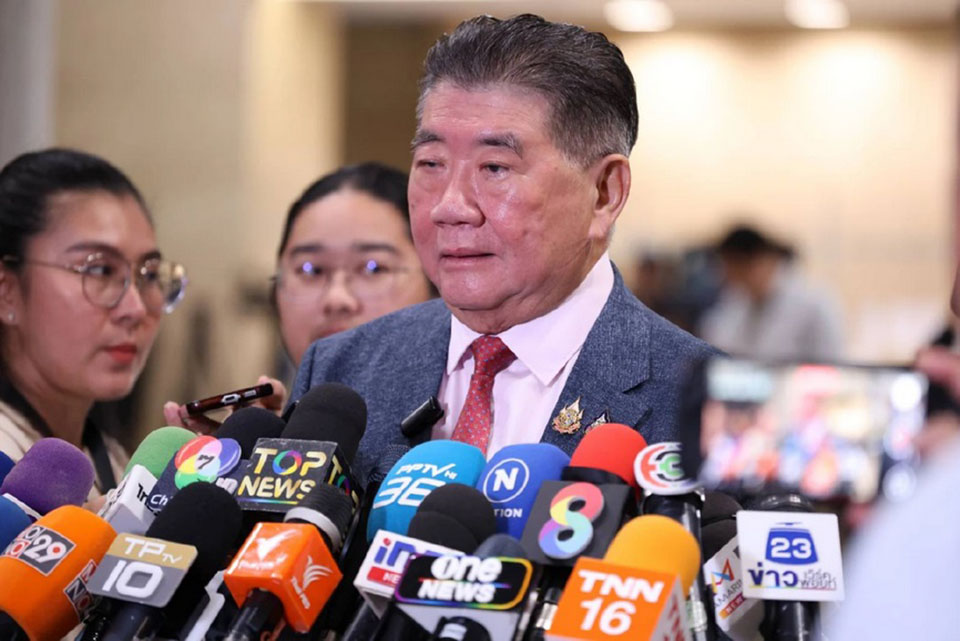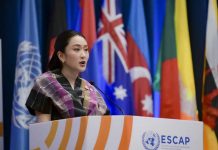
BANGKOK, Thailand – Deputy Prime Minister Phumtham Wechayachai voiced support for the upcoming Entertainment Complex Bill on April 5, asserting that it could inject significant revenue into Thailand’s economy as the country faces heightened U.S. import tariffs of up to 36% on Thai goods.
The bill, which will be deliberated in the House of Representatives on April 9, proposes the establishment of integrated entertainment zones, including regulated casinos. While the legislation has sparked protests both inside and outside Parliament, Phumtham stressed the importance of democratic processes, saying differences in opinion should be debated within the legislative chamber, not just on the streets.
“We must respect the parliamentary process. Just because others think differently doesn’t mean we can reject the bill outright and protest only outside Parliament,” Phumtham said.
He acknowledged that public opposition outside Parliament is a valid form of democratic expression, but emphasized that those views shouldn’t be assumed to represent all Thai citizens. According to him, feedback from rural areas suggests many people support the initiative as a means to stimulate the economy.
“We shouldn’t generalize public sentiment based on a single group. Real public opinion must reflect voices across the nation,” he said.
Phumtham also dismissed concerns that legalizing entertainment complexes would promote gambling addiction, noting that strict regulations would prevent minors and low-income individuals from accessing casinos. He argued that the aim is not to encourage gambling but to create a new economic engine, especially crucial now as Thailand grapples with the fallout from U.S. trade barriers.
“The world is changing. Even Singapore, hit with just a 10% U.S. tariff, has warned its citizens. Thailand is facing a 36% tariff—this is serious. We need new revenue sources,” he stated.
While the bill remains controversial, the government sees it as part of a broader strategy to counteract external economic pressures and increase financial resilience in the face of global trade shifts.










